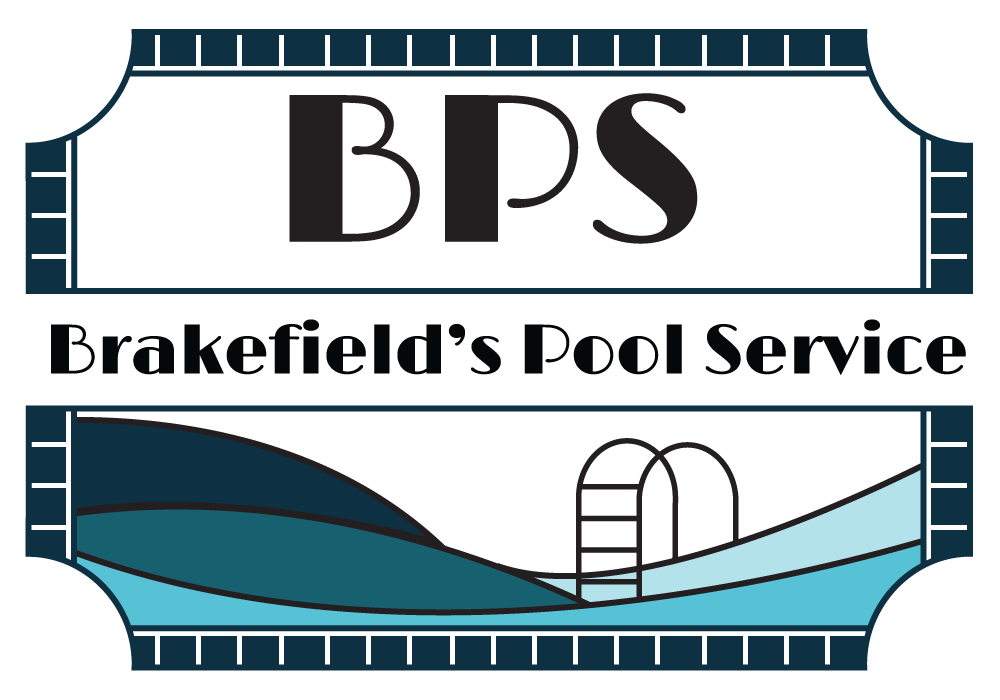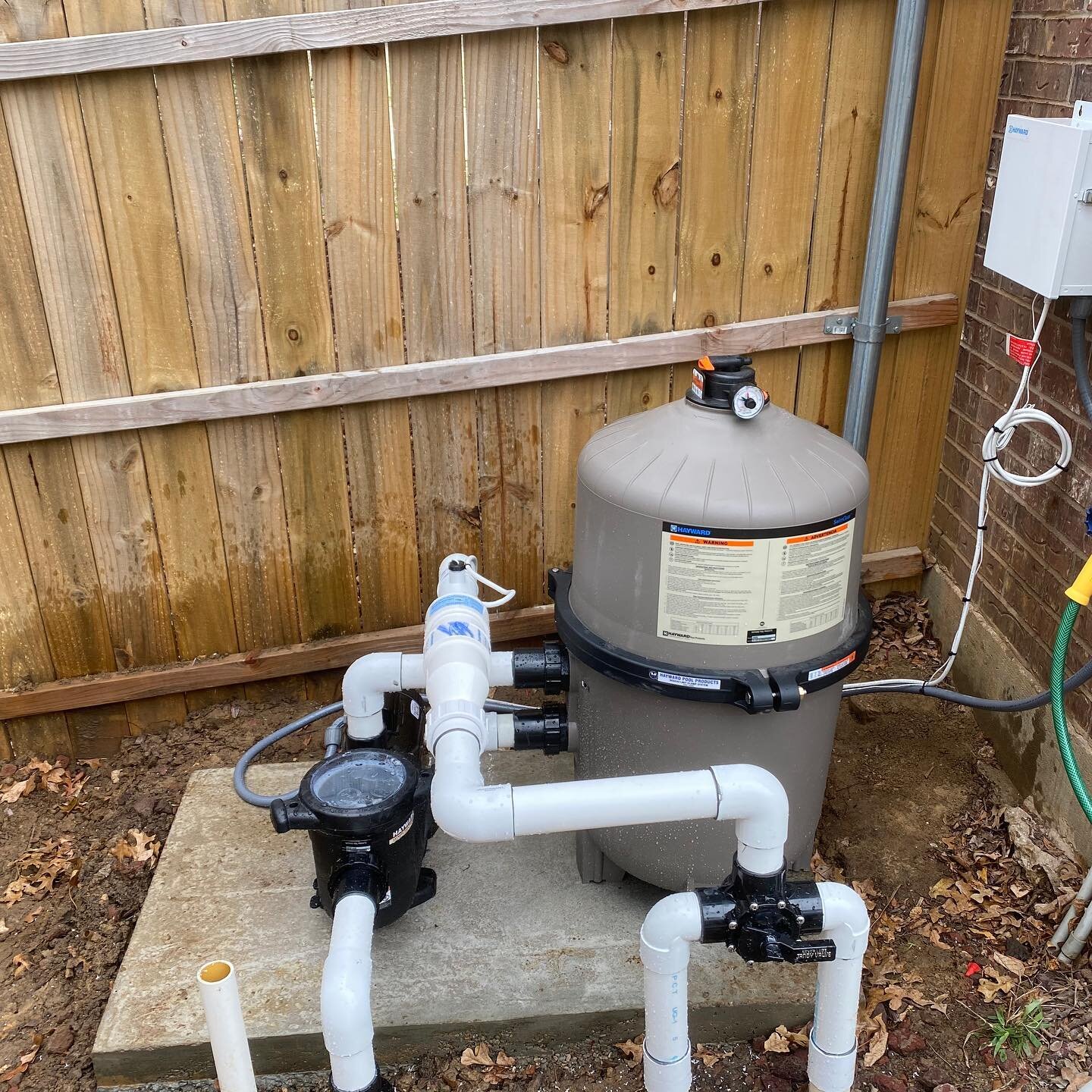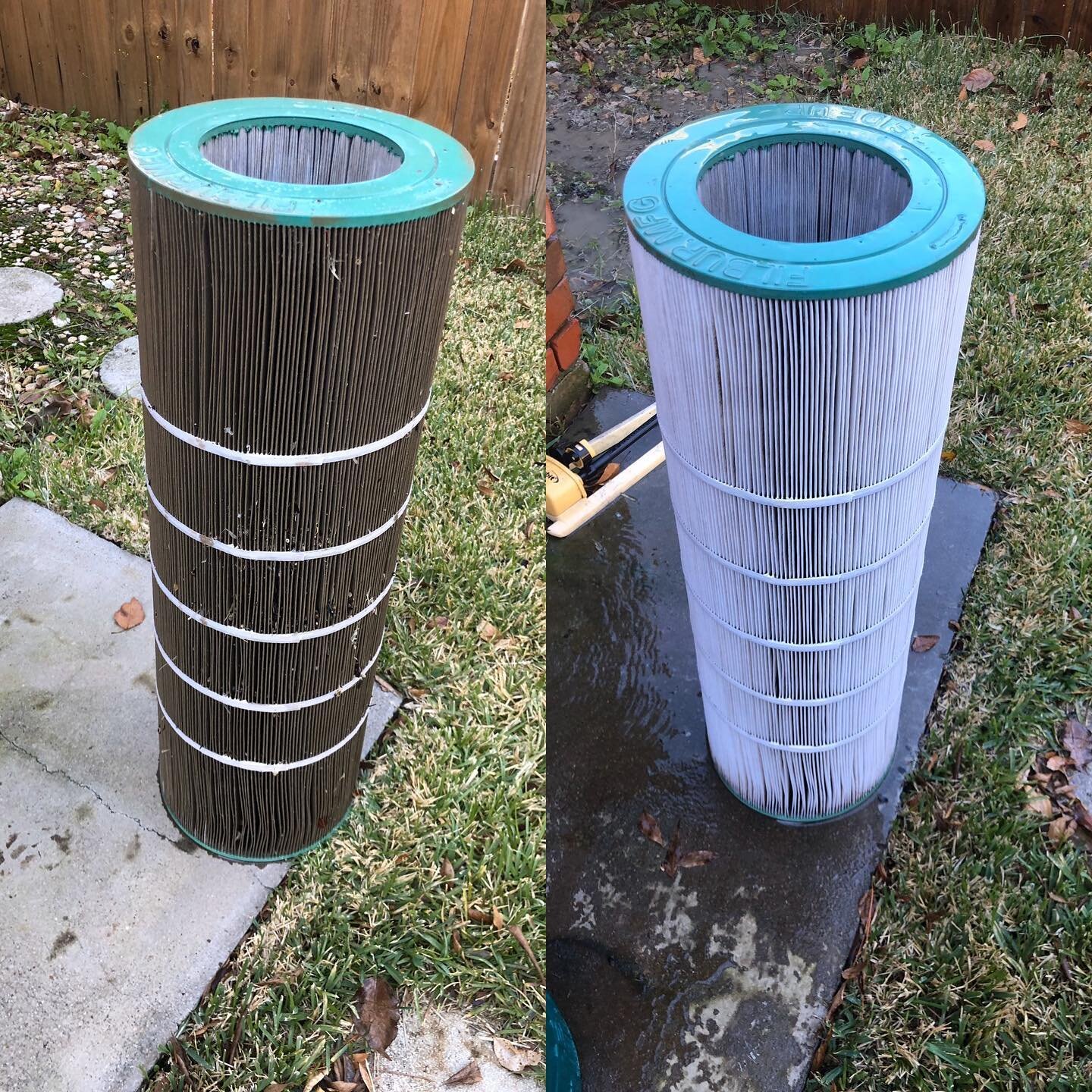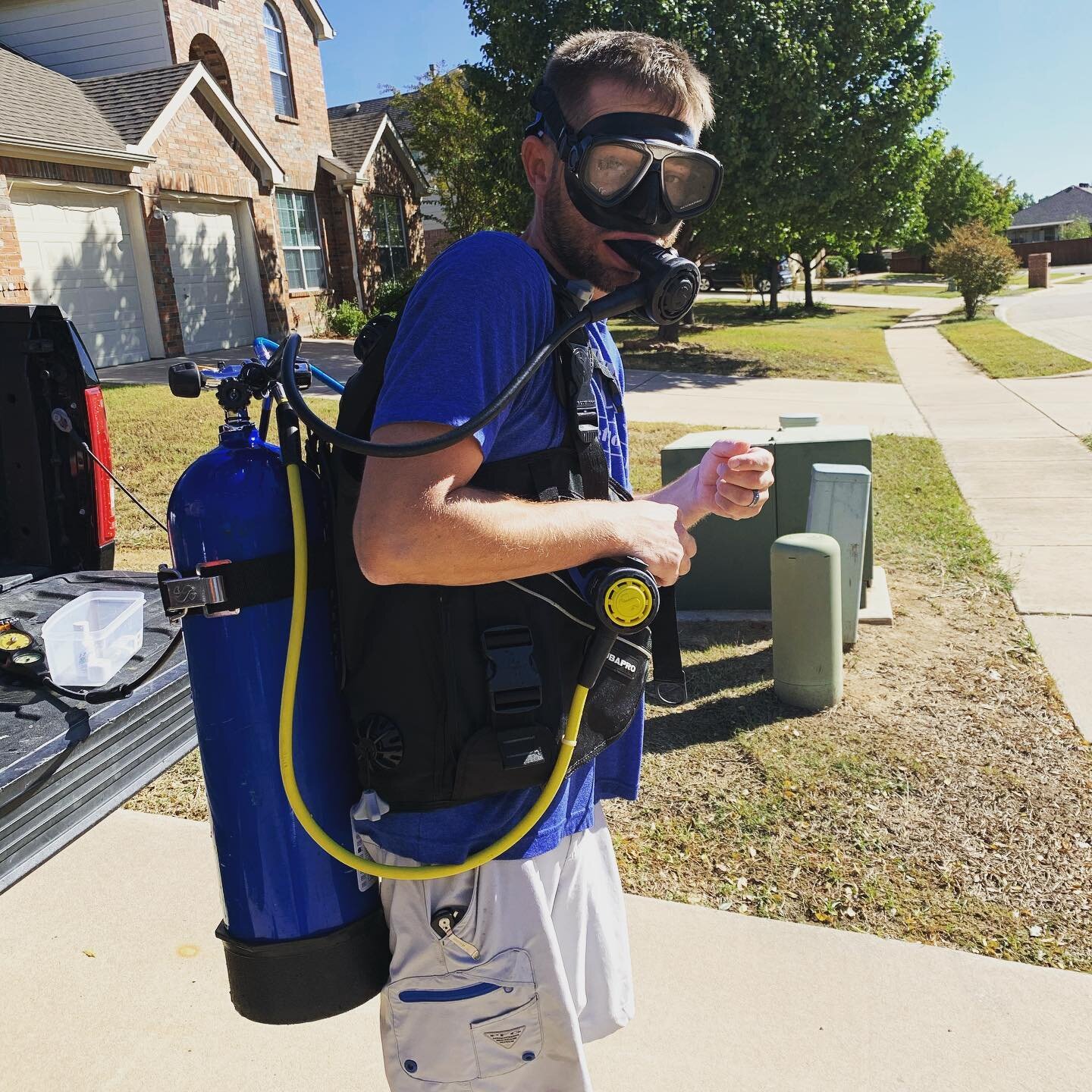
POOL CARE
Frequently Asked Questions
Why do I keep having to add acid to my pool?
In the Denton County area, the water pH is 8.0 and the national standard is 7.2-7.6. Additional acid is needed to level out the chemistry.
What is mustard algae?
Mustard algae is a spore located in lakes in the surrounding areas and is an industry-wide issue that we can only treat and not prevent.
What do I do if I have black algae?
There are multiple techniques used and algicides that can be purchased for treatment, but we recommend you contact a pool professional.
What is the optimal pH for my pool?
The optimal pH range is between 7.2 - 7.6.
Are alkalinity levels a necessity?
Yes. pH is unstable, alkalinity assists in stabilizing your pH.
When do I shock my pool?
We recommend shocking your pool after an irregular amount of activity in the swimming area. This could be a party, a storm, high winds, a pet swimming, or a toddler accident.
Caring for your pool
Our Best Advice
Check the skimmer and pool level.
Complete a quick once-over check on your pool daily. For many homeowners, the pool is one of the largest investments for their property and we recommend a quick inspection each day to make sure everything is in top-notch shape at all times. Failure to properly maintain and monitor your pool equipment can quickly skyrocket repair prices. We recommend at minimum a check of your skimmers and pool level each day.
Check the equipment pad and pool chemistry.
Complete a quick examination of your equipment pad and pool chemistry weekly. Water is very corrosive and can damage the entire structure if the chemistry in the pool is not properly monitored. At your equipment pad listen for any strange or loud noises, check the time on the timers, and look for visible leaks.
Maintain proper water levels.
Your pool is designed to circulate water, not air. If your pool level is too low, air is introduced to the system which has the ability to cause extensive damage to pumps, valves, PVC, and any associated equipment. New government energy regulations require new pumps that are installed to be more energy-efficient than years past and they are costly to replace. Maintaining a proper water level can help prolong the life of your pool equipment.
Check and clean the filters.
A clean filter is crucial to the life and overall cleanliness of the pool. Manufacturer guidelines require filter cleans a minimum of two times per year. For homeowners with lots that are more heavily covered in trees, we recommend increasing the frequency to three times per year. Circulation is key to maintaining a pristine pool and optimum chemistry. We go by this easy formula to keep pools within our portfolio sparkling clean - Circulation + Filtration + Sanitation.
Check for possible leaks.
The American National Concrete Code lists in their first chapter that concrete does in fact crack. This is concerning as a pool owner because as your pool cracks, you will in fact lose water. Loss of water will quickly inhibit your ability to maintain a proper water level in your pool. If you are losing more than 1/4” inch of water per day, call us for a professional diagnosis. Failure to act on this quickly will cause additional issues and end up being more costly in the long run.







